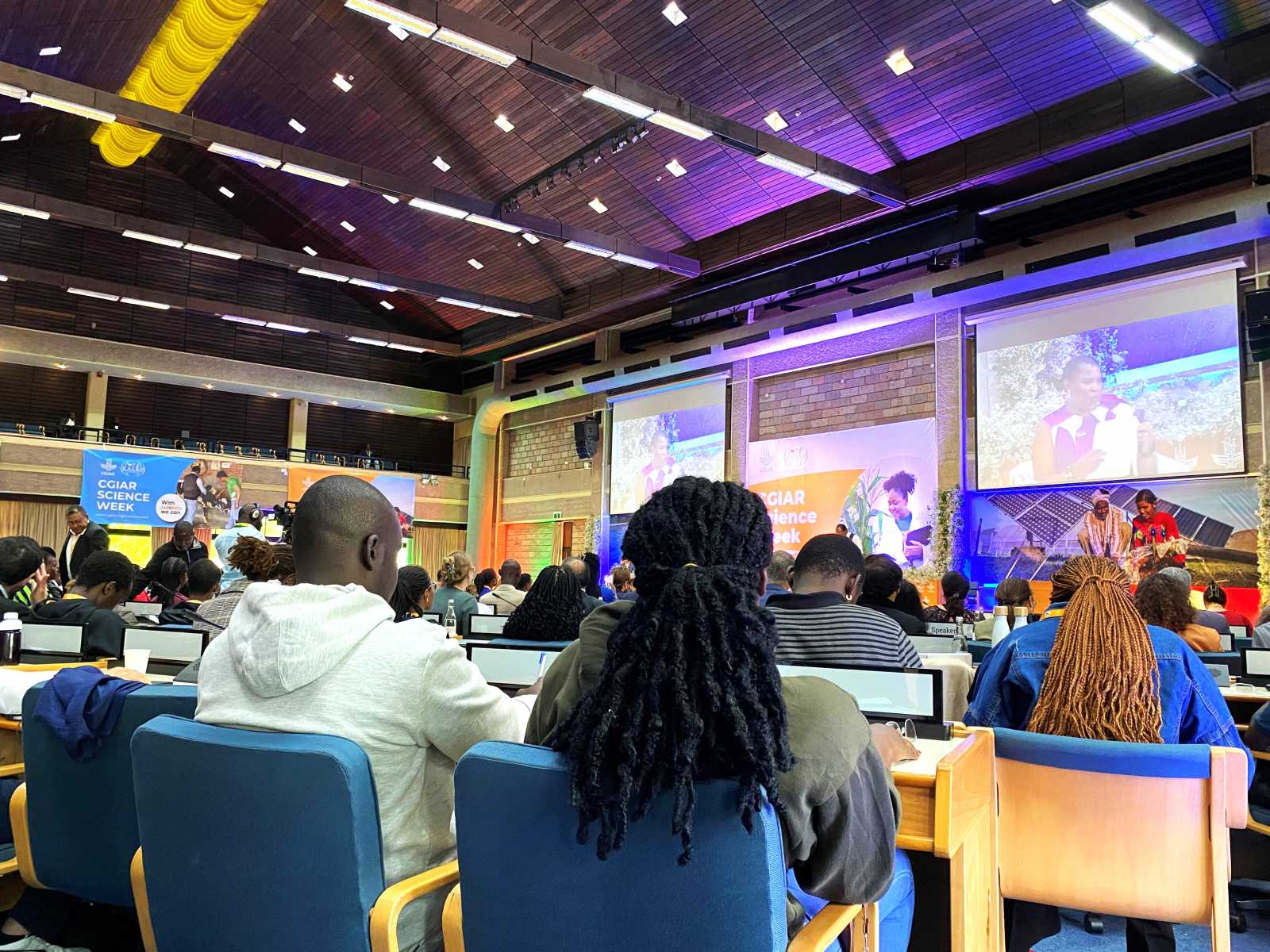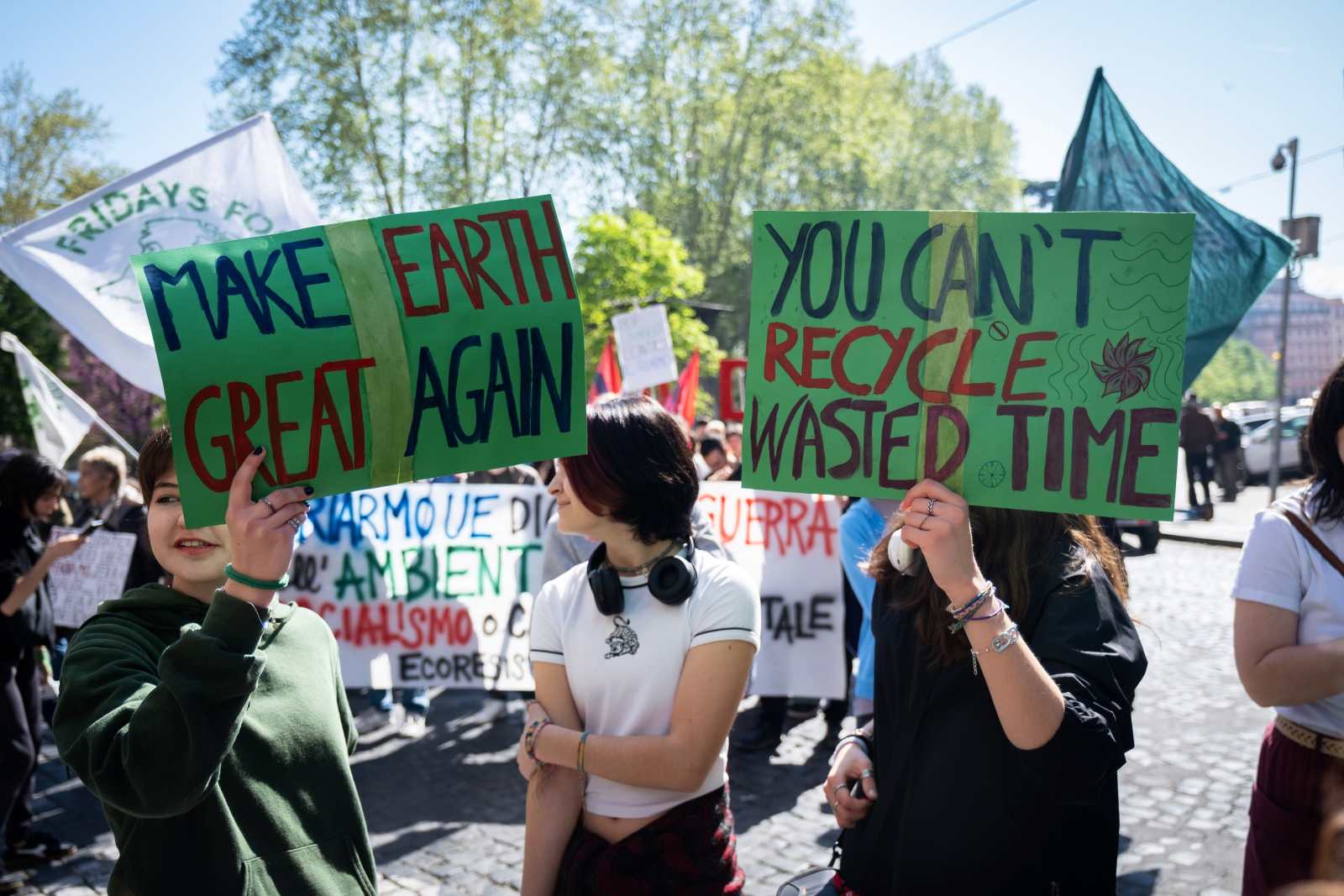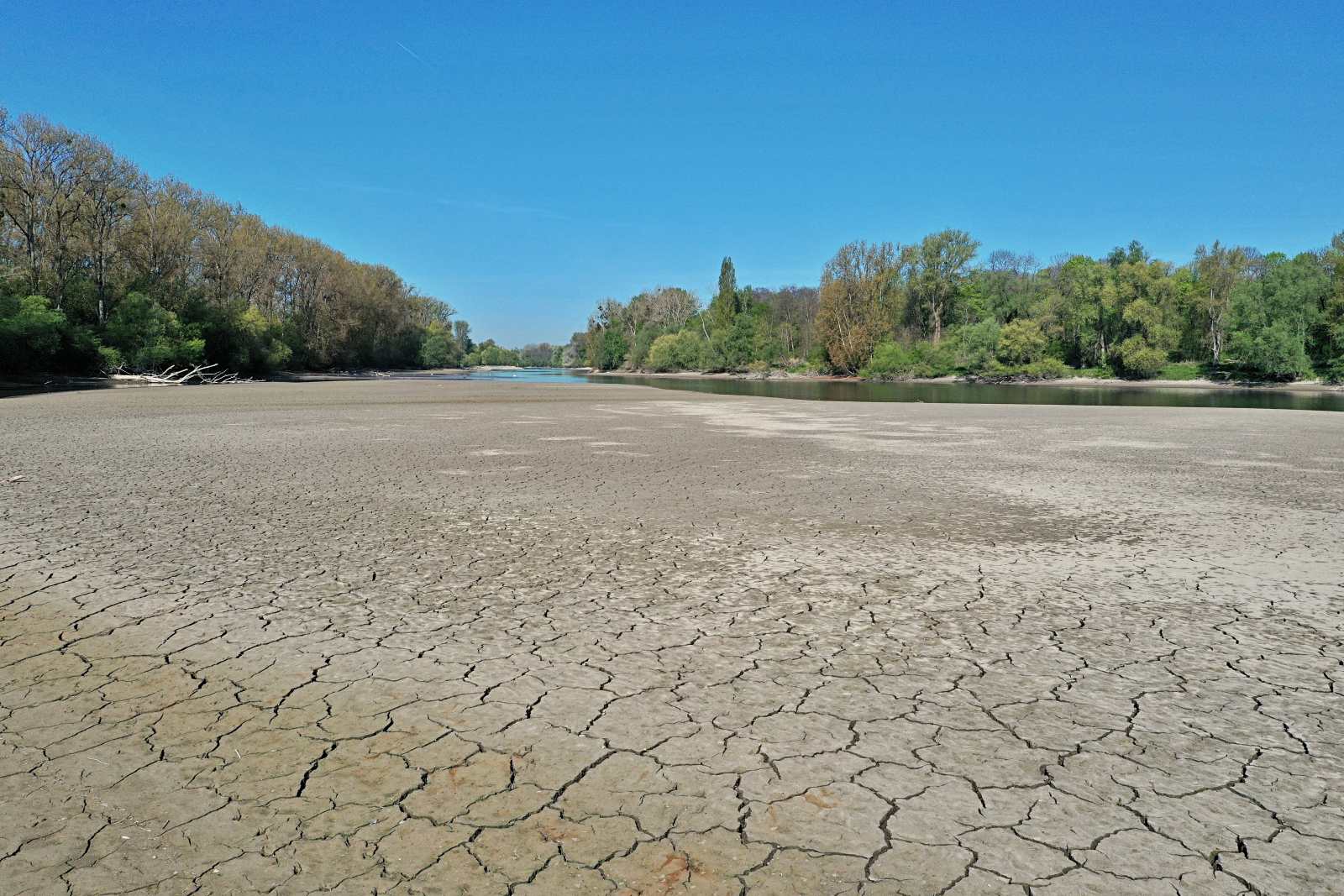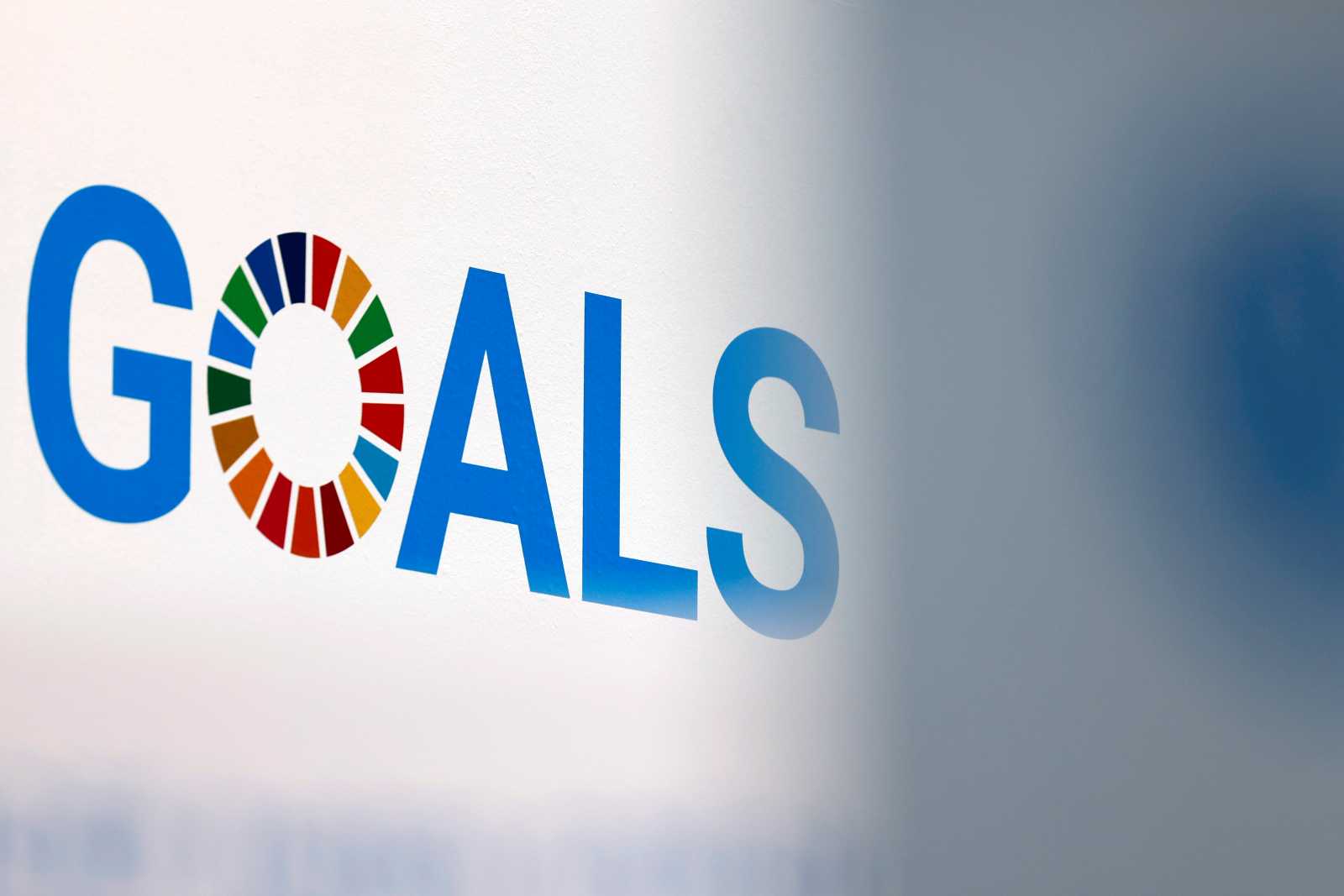Media
The silent majority must make its voice heard

The vast majority of people – 89 % – want their governments to do more to fight the climate crisis. More than two thirds would even be willing to sacrifice one percent of their income to combat climate change. These are the findings of a study conducted by the University of Bonn, which surveyed 130,000 people from 125 countries.
People in China were among those who worried the most: 97 % said their government should do more in the fight against climate change. Even in the US, three quarters of respondents had higher expectations of their government – and nearly half would also be willing to donate a small part of their income to climate protection.
It comes as little surprise that people in countries already significantly impacted by the climate crisis are most vocal in calling for more action. What is astounding is that far fewer of those surveyed in rich countries were prepared to give even one percent of their income to support climate change mitigation.
The study was published in the journal Nature Climate Change in April 2025. Its results are a remarkably unequivocal confirmation of what previous studies had already suggested: In 2024, around 75,000 people took part in a UN survey – in countries representing 90 % of the world’s population. 80 % stated that they would like to see their country step up its climate action commitments. For a survey conducted by the Yale Program on Climate Change Communication in 2023, 140,000 people in 187 countries were asked how high a priority climate change should be for their country’s government. 89 % said very high, high or medium.
Serious perception gap
But if almost everyone in the world believes that climate change mitigation should be accorded higher priority, why is this attitude not reflected to a greater extent in concrete political action? After all, we are well on the way to significantly exceeding the 1.5-degree target, while extreme weather events such as droughts, flooding and forest fires are becoming increasingly frequent.
The Bonn study offers one possible answer: Most people massively underestimate the extent to which others in fact support climate action. On average, those 89 % in favour of climate change mitigation believed that only around 43 % of their fellow citizens shared their opinion.
This distorted perception has serious consequences. Anyone who believes they are alone in their view is more likely to keep quiet – even if their own opinion is in fact held by the majority. As a result, public support for climate action is underestimated and no political pressure is exerted. Environmental psychologists speak of a “spiral of silence”.
The Bonn-based research group used an experiment it carried out in the US, which likewise formed part of the study, to show that people are more willing to act – to donate or get politically involved, for example, – when they discover that most of their fellow citizens actually support climate action. So even when it comes to climate action, how we behave is determined by what we know about the behaviour of others. Teodora Boneva, an author of the Bonn study, drew the following analogy in the Guardian: if everyone else in a shared home is cleaning the dishes, you will do it too. If everyone else is just leaving their stuff, you won’t bother either.
Experts have no doubt that one of the most powerful tools in the battle against the climate crisis is targeted communication that redresses the existing perception gaps. The problem is that the 11 % of the world’s population who argue against climate action do so much more loudly, thereby dominating public opinion. Because its voice is enormously amplified, this minority appears much larger than it is.
Activating the silent majority
This is precisely where the 89 Percent Project comes in. It was initiated to bridge the gap between perception and reality. Part of the international media network Covering Climate Now, the initiative wants to help raise the profile of the “silent majority”. The aim is to use properly substantiated data-based reporting to make the public aware that climate action is by no means something that only soup-throwing environmental activists care about – but is an issue close to the hearts of people in every corner of the globe.
Covering Climate Now (CCNow) was set up in 2019 by the Columbia Journalism Review and the US magazine The Nation in collaboration with the Guardian and the US radio station WNYC. Today the network encompasses more than 500 media partners in over 60 countries, from large news portals to local community media. D+C has also been a CCNow media partner since this year. The goal is that the climate crisis should not be addressed within a specific silo but in a comprehensive, accessible and continuous manner – with a view to permanently activating the public. To this end, the network provides editorial resources, training, joint reporting projects and platforms for journalistic exchange.
The central message of the 89 Percent Project is clear: Climate action has majority global support. The challenge now is to make this majority visible so that it can achieve political impact. The media will play a crucial role in making this happen: those who explain that we are not alone in worrying about our existence on a planet that is becoming warmer and warmer will boost our trust in collective action. And this trust is one of the key prerequisites for preserving this existence.
Link
89percent.org
Katharina Wilhelm Otieno belongs to the editorial team of D+C and works from Nairobi at times.
euz.editor@dandc.eu
This story is part of The 89 Percent Project, an initiative of the global journalism collaboration Covering Climate Now.











